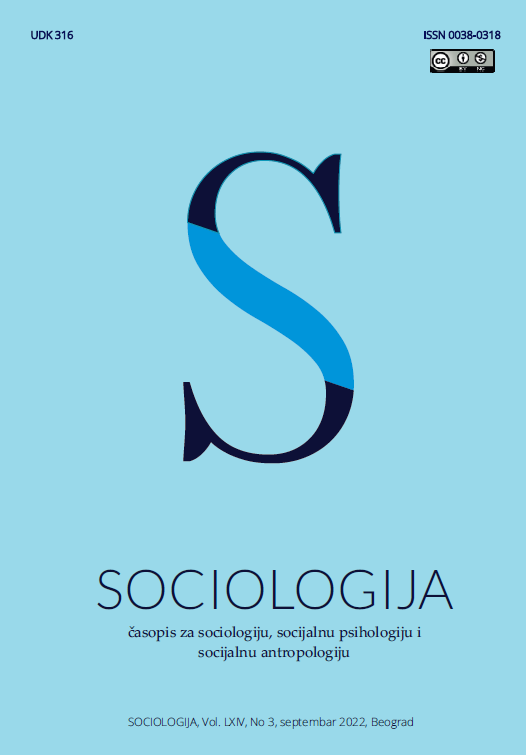Dekolonizovanje trećeg roda u savremenoj Indoneziji
Decolonization of the Third Gender in the Contemporary Indonesia
Author(s): Nebojša ĐorđevićSubject(s): Social Sciences, Gender Studies, Sociology
Published by: Sociološko naučno društvo Srbije
Keywords: third gender; Indonesia; decolonization
Summary/Abstract: One of the first words that is learned in Indonesian is waria. This word is made by combing word wanita which means woman and pria which means man. Warias are one of the most known and visible forms of third gender in Indonesia, this term marks trans-women who has their role in social life throughout Java island. Beside this one there, less visible and researched identity called priawan for trans-men. In the classical epic of Bugis people La Galigo, which is regarded as Memory of the World by UNESCO, there are five distinct genders: bissu, calabai, calalai, makkunrai i oroané. These genders still exist in south part of Sulawesi Island. Position of other genders, out of binary men and women, which position was installed by abrahamic religion in Indonesia, meaning Sunni Islam and different Christian domination is under threat. This paper aims to deconstruct third gender forms in Indonesia. Decolonization is used in order to better comprehend multigenderism away from Western paradigms. By understanding complex socio-religious environment we can grasp the mechanism of the survival of these marginalized communities besides all circumstances.
Journal: Sociologija
- Issue Year: 64/2022
- Issue No: 3
- Page Range: 359-377
- Page Count: 19
- Language: Serbian

